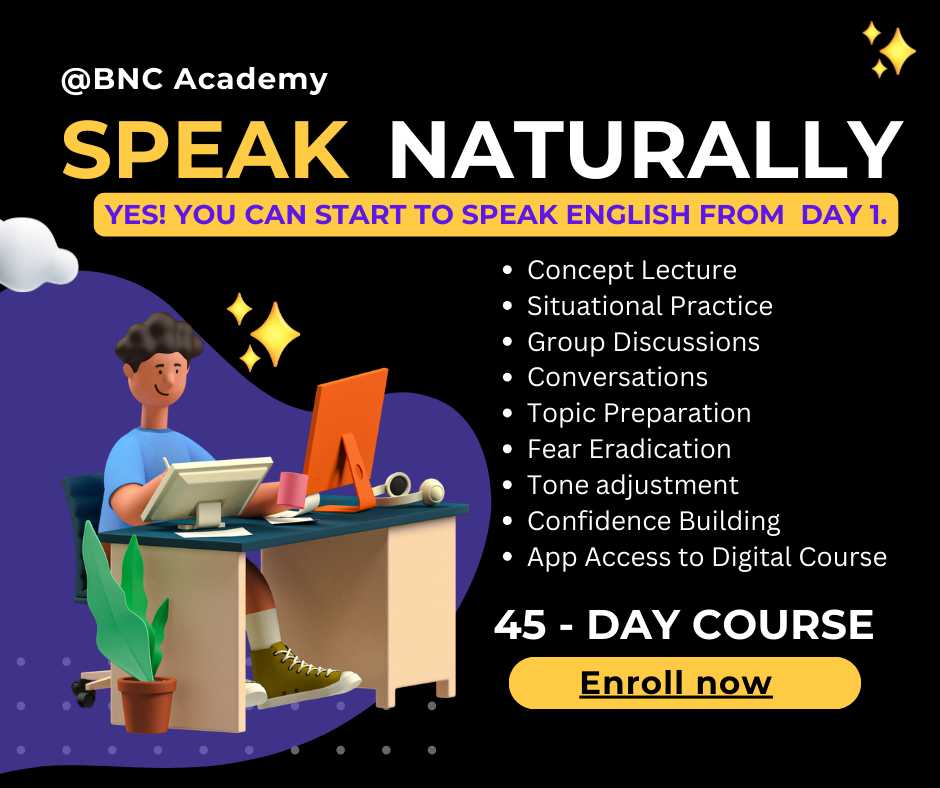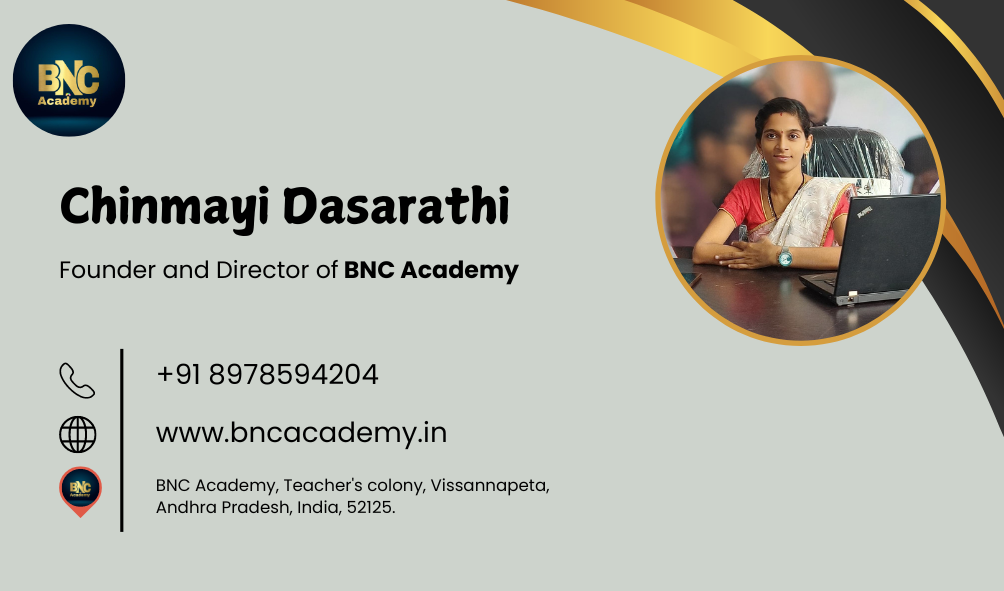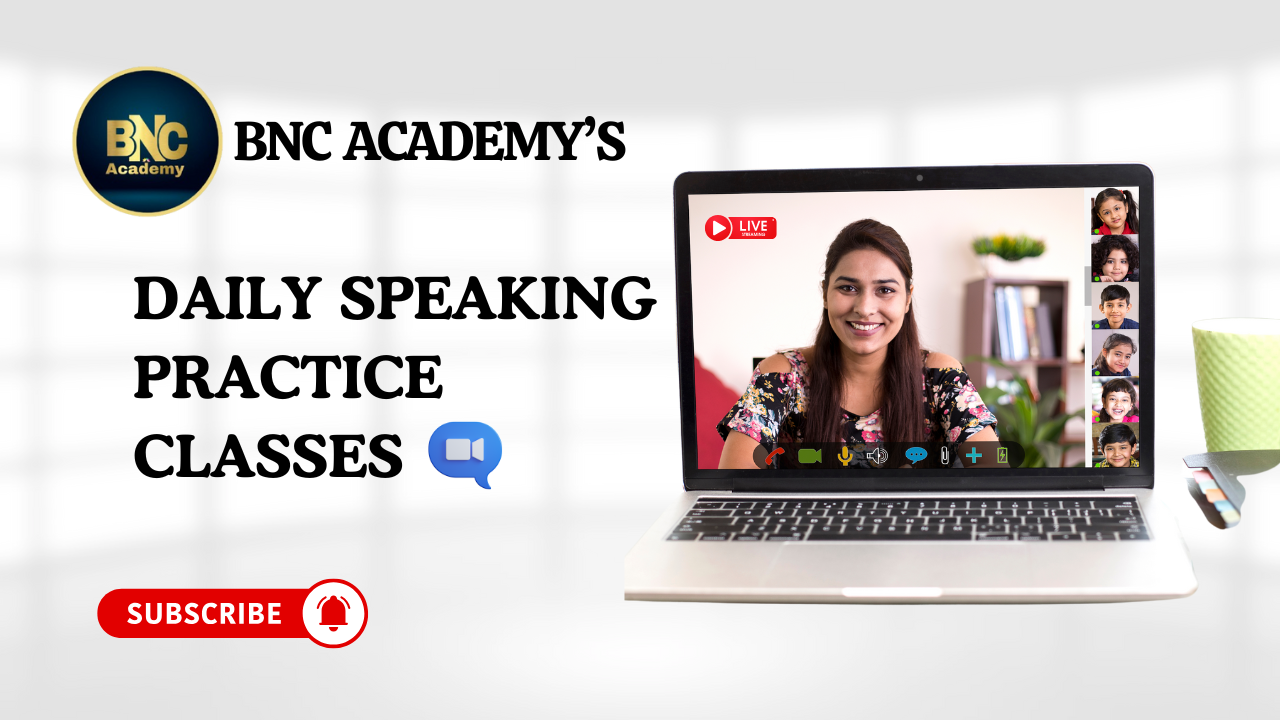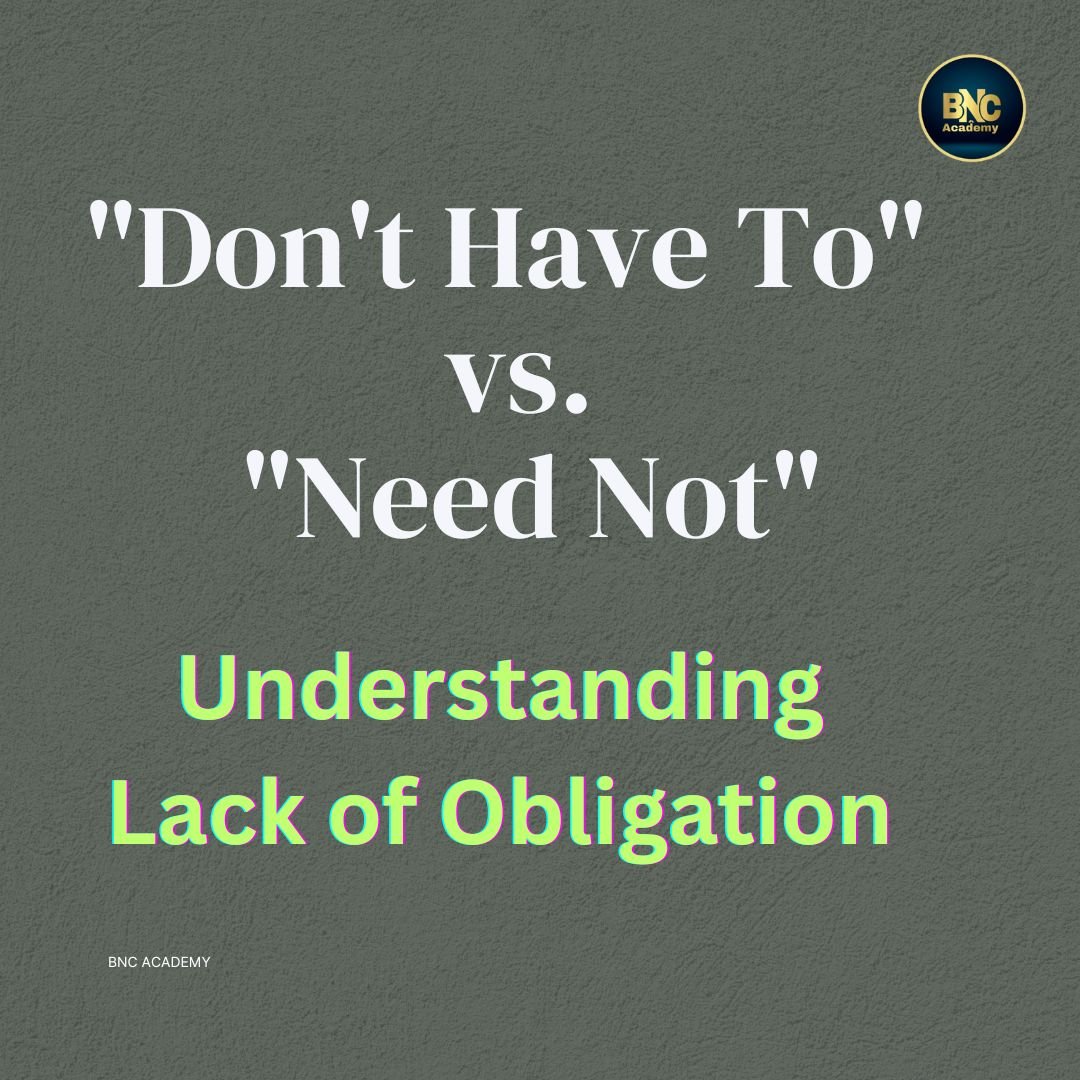There is no excerpt because this is a protected post.
There is no excerpt because this is a protected post.
There is no excerpt because this is a protected post.
By Chinmayi Dasarathi, International Certified Trainer and Founder of BNC Academy
There is no excerpt because this is a protected post.
There is no excerpt because this is a protected post.
There is no excerpt because this is a protected post.
There is no excerpt because this is a protected post.
Ruskin Bond, one of India’s most loved authors, was born on May 19, 1934, in Kasauli, then a part of […]
Adverbs are words that modify verbs, adjectives, or other adverbs. They provide more detail about how, when, where, or to […]
The Coromandel Fishers Rise, brothers, rise; the wakening skies pray to the morning light,The wind lies asleep in the arms […]
Navigating the classroom can be a big step for young students. They’re learning not just about math and reading but […]
There is no excerpt because this is a protected post.
Teaching is much more than passing on knowledge—it’s about guiding, supporting, and inspiring students. Great teachers understand that their role […]
There is no excerpt because this is a protected post.
There is no excerpt because this is a protected post.
In a proud and poignant moment celebrating India’s glorious past, Prime Minister Narendra Modi has released a new ₹1,000 commemorative […]
There is no excerpt because this is a protected post.
BNC Academy’s “Natural Method of Spoken English” aims to help learners achieve fluency, confidence, and spontaneity in English without heavily […]
There is no excerpt because this is a protected post.
There is no excerpt because this is a protected post.
There is no excerpt because this is a protected post.
Learning English Naturally.. Today, we’re going to learn English in a super easy way, just like how you learned your […]
Welcome, English learners! Are you ready to boost your speaking fluency? This BNC Academy’s initiative is designed to help beginners […]
Welcome, English learners! Are you ready to boost your speaking fluency? This BNC Academy initiative is designed to help beginners […]
Welcome, English learners! Are you ready to boost your speaking fluency? This BNC Academy initiative is designed to help beginners […]
Hello spoken English learners! BNC Academy is here to help you learn English with ease, especially if you are at […]
In spoken English, we generally prefer active voice because it’s more direct and sounds more natural. When you speak in […]
Imagine you want to say something, but it’s not just one simple idea. It’s like building with LEGOs (“LEGOs” to […]
In this post I would like to explain how the same main verb (“write”) can be used in various grammatical […]
Polite requests are designed for practicing polite inquiries and requests. They cover a range of common situations, such as asking […]
Telugu with English Translation: 50 more common Telugu phrases with their English translations: Set 1 (General Phrases & Questions) Set […]
These phrases are used to express desire or a lack of desire to perform an action. 1. “Want to” (చేయాలని […]
Understanding the nuances of “can,” “could,” and their negatives is crucial for English learners, especially for Telugu speakers who might […]
Usage of “Must” “Must” primarily expresses strong obligation, necessity, or certainty. It suggests that something is extremely important or essential. […]
The verbs “have” and “has” are fundamental in English, particularly in spoken language, and they serve several key functions. Understanding […]
Understanding how “have to” translates from Telugu can help solidify its meaning and usage in English. While there isn’t always […]
Being a parent is an incredible journey, often filled with immense joy and love. It’s about guiding and nurturing a […]
Both “don’t have to” and “need not” express a lack of obligation or necessity. However, there are subtle differences in […]
The Present Continuous Tense is a fundamental aspect of both English and Telugu grammar, crucial for expressing actions happening at […]
Mastering “Used To”: Talking About Your Past Habits Have you ever wanted to talk about things you used to do […]
The Simple Future Tense is used to express actions that will happen after the present moment. In English, it is […]
General Rules: 🟦 Student 1 🟦 Student 2 🟦 Student 3 🟦 Student 4 🟦 Student 5 🟦 Student 6 […]
That “Ugh” Feeling: Why Envy Happens Let’s be honest—who hasn’t felt that little gut-punch when someone else is winning? Maybe […]
చిన్నప్పటి కలల వయసులో, అమ్మ నాన్నలు ప్రతి కోరిక నెరవేర్చే దేవతలుగా అనిపిస్తారు. కానీ పెద్దయ్యాక అర్థమవుతుంది – మోసపోయామేమో. ఎందుకంటే, ప్రేమ పేరుతో తల్లిదండ్రులు పిల్లలను […]
The Unstoppable Climb: Lessons in Growth and Innovation from the Story of Ethan (with Actionable Suggestions for Your Journey) Ethan’s […]
Helping action words, also known as auxiliary verbs, play an important role in English grammar. They help the main verb […]
🌟 Understand Why You Procrastinate Procrastination is something we all face at some point. It’s not about being lazy — […]
తెలుగులో సాధారణంగా ఉపయోగించే 10 ఇడియమ్స్ The English language, while seemingly straightforward, is often peppered with colourful expressions known as idioms. […]






















